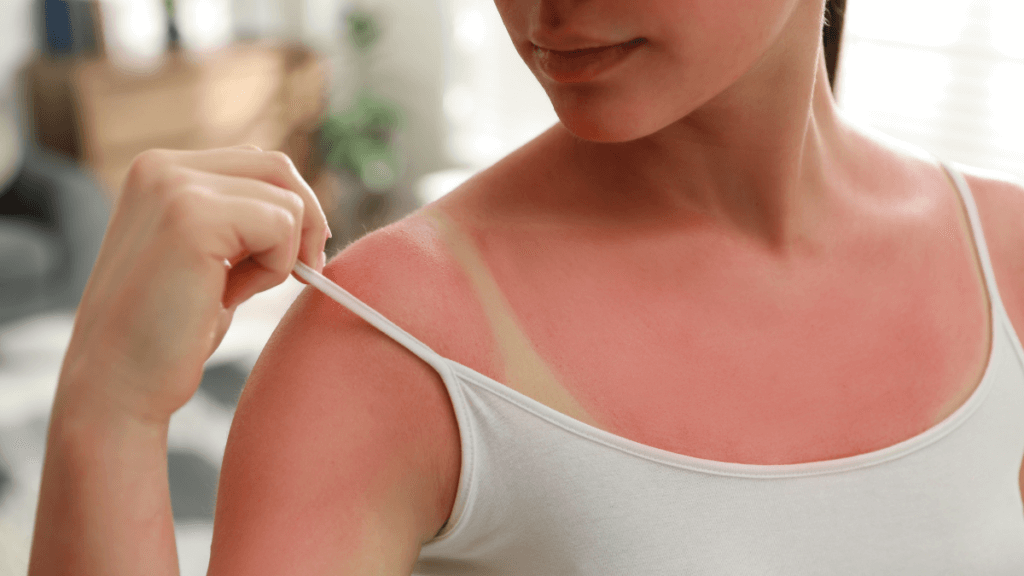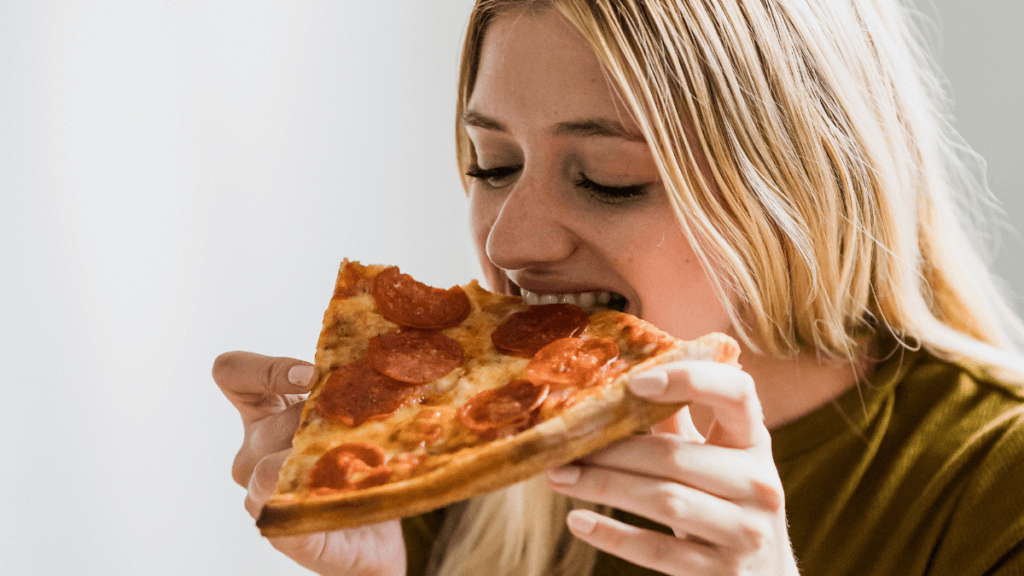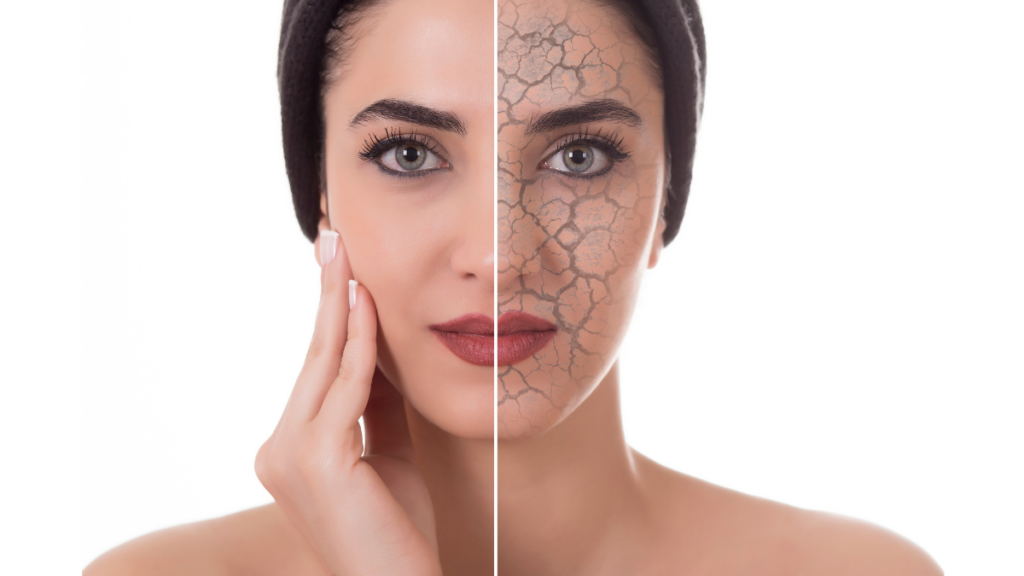Ageing is inevitable. From the moment we are born, we grow older with each passing day. In fact, by the time you finish reading this article, you will be 3 minutes older than you are right now. But while becoming older is a natural part of life, it does not mean we have to age prematurely.
Unbeknownst to so many of us, various factors can make us look a lot older than we actually are! And if you are not looking to turn back the hands of time perse, but simply slow down the ageing process, here is what you need to know about common day-to-day factors that can drastically influence how your skin ages. You know, so you can nip it in the bud.
Sun Exposure
The sun is glorious, but it is also dangerous. And according to the Skin Cancer Foundation, up to 90% of skin ageing is caused by the sun’s ultraviolet (UV) rays. In fact, spending an exuberant amount of time in the sun and being exposed to harsh UV radiation is the main cause of skin cancer around the world, with about 86% of melanomas linked to UV exposure!
Shocked (but also, not shocked). And naturally, this affects ALL skin tones. Therefore, sun exposure could probably be labelled as the number one contributor to premature skin ageing. But why? Because these potent sun beams break down collagen and elastin (the proteins responsible for maintaining skin’s firmness and elasticity). This process, known as photoageing, then leads to wrinkles, age spots, and a rough skin texture.
However, by consistently using sunscreen with at least SPF 30, wearing protective clothing, and avoiding the sun during peak hours, you can significantly reduce these effects. And, while we do need the sun to produce vitamin D, which supports bone health, immune function, and mental health … moderation is always key.

Smoking
We all know by now that smoking is terrible for your health and it is terrible for your dermis. Especially since the chemicals in cigarette smoke restrict blood flow to your skin, making it harder for your skin to repair itself and over time, this exposure can result in a grayish tone and more noticeable facial wrinkles.
On top of that, the repeated facial movements involved in smoking, like pursing your lips, contribute to the development of fine lines around the mouth (better known as “smoker’s lines”). Now, let’s look at the numbers: smokers in their 40s often show facial wrinkles similar to those of non-smokers in their 60s.
Therefore, it should be a no-brainer that by quitting smoking, you not only improve your overall well-being but your skin’s appearance as well.
Environmental Pollutants
Exposure to environmental pollutants like air pollution and toxins can also speed up skin ageing. These pollutants create free radicals that can damage your skin cells and lead to premature ageing. To safeguard your skin, incorporate antioxidants like vitamin C and E into your skincare routine, and make sure to cleanse your skin thoroughly at night to remove any pollutants you may have dragged through the front door.
If you are looking for a super vitamin skin boost, talk to your aesthetician about mesotherapy. Mesotherapy is a treatment where tiny injections of vitamins, enzymes, hormones, and plant extracts are applied just under your skin, and the results speak for themselves.
Alcohol
Just like smoking, excessive alcohol intake can wreak havoc on your skin too. It dehydrates the skin, reducing its ability to retain moisture and leading to premature ageing. Additionally, alcohol dilates blood vessels, which can result in redness and broken capillaries.
A study on facial ageing revealed that heavy alcohol use (i.e. 8 or more drinks per week) is linked to more facial lines, puffiness under the eyes, and visible blood vessels. To help combat these effects and keep your skin looking healthy, it is always a grand idea to cut back on alcohol and stay hydrated by drinking plenty of water.
A Poor Diet
Ever heard the saying you are what you eat? Not getting enough nutrients in your diet can harm your skin. For example, eating too many processed foods (high consumption of fast food, processed meats, and sodas), sugars, and unhealthy fats can cause inflammation and stress in your body, which can speed up ageing.
Whereas, a diet full of antioxidants, vitamins, and healthy fats can help keep your skin healthy. Try adding more fruits, veggies, nuts, seeds, and fatty fish to your meals to give your skin the nourishment it needs from the inside out.

Dehydration
Hydration is essential for keeping your skin elastic and supple. When your skin is dehydrated, it can become dry, flaky, and more prone to wrinkles. Not drinking enough water can make these problems worse. But by staying hydrated, you can help keep your skin looking fresh and glowing. A study with 49 healthy women found that drinking about 2 extra litres of water each day improved skin hydration both on the surface and deeper down. After a month, participants noticed their skin looked thicker and more plump, which helped reduce fine lines and wrinkles.
You might also want to consider trying the highly sought-after Hydrafacial treatment. This soothing treatment has quickly become a fan favourite, providing a refreshing surge of hydration that leaves your skin feeling smooth and plump. A recent study found a 57% reduction in the appearance of wrinkles after just one session, with results maintaining a 63% reduction after 24 hours. Participants also reported clearer and more radiant skin, with 100% agreeing or strongly agreeing that their skin looked and felt cleaner post-treatment. Depending on your skin type, you can typically enjoy a Hydrafacial every 2 to 3 weeks for optimal results.
Lack Of Sleep
Sleep not only charges your anatomical batteries, it is also vital for skin regeneration and repair. While you sleep, your body releases growth hormones that help mend damaged skin cells. Chronic sleep deprivation disrupts these processes, resulting in dull skin, dark circles, and fine lines. To support your skin’s health and maintain a youthful appearance, aim for 7 to 9 hours of quality sleep each night.
Repetitive Facial Movements
Frequent and repetitive facial movements, like frowning or squinting, can lead to the formation of fine lines and wrinkles. Eventually, these repeated motions create grooves in the skin that become more pronounced with age. To help minimise these effects, consider wearing sunglasses to prevent squinting and practising facial exercises that promote relaxation.
Stress
Stress is the worst and chronic stress can significantly affect your skin, as it triggers the release of cortisol, a hormone that boosts oil production and inflammation, which can lead to acne and other skin problems. Plus, stress often disrupts your sleep, compounding skin issues. To keep your complexion looking youthful, try managing stress with relaxation techniques, regular exercise, and mindfulness practices.

Genetics
Although you cannot change your genetic makeup, understanding its impact on skin ageing can help you make smarter skincare and lifestyle choices. Genetics influence your skin type, collagen production, and susceptibility to certain skin conditions. By knowing your skin type and genetic predispositions, you can customise your skincare routine to better meet your specific needs. You might also consider aesthetic treatments like Botox, dermal fillers, skin boosters, or PRP facials to beautifully mask the ageing traits you have inherited.
Bringing It All Together
By understanding and addressing the factors that speed up skin ageing, you can take proactive steps to maintain a youthful, healthy complexion.
Consulting with a skincare specialist can help you choose the right facials, products, and aesthetic treatments to slow down premature ageing, preserve your youthful glow, and help you age gracefully.


